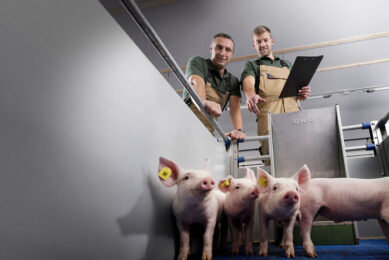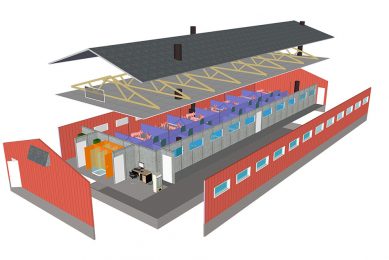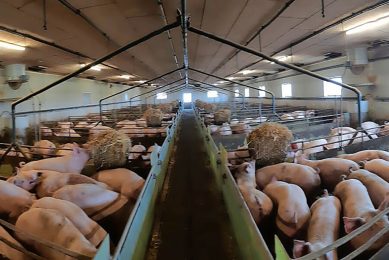Asking a supplier the right questions

As in every industry, manufacturers from all kinds of products will try to convince pig producers to buy their products. Now what would be a suitable strategy for pig producers to figure out which product is good for their farm? Expert contributor John Gadd is presents a road map.
I have a problem. It is preventing me in many cases from giving accurate advice to my clients. Frustrating, because manufacturers and sellers are not giving me the information on their products, which I need to make cost-effective decisions on the best likely value for money.
There are now a bewildering number of “Hey listen – buy me!” products the pig producer can choose from. Of course, such a mountain of opportunities is our future; and I welcome it. But which of them is best suited to use the producer’s limited capital to the full?
When you talk to or e-mail the sellers, I suggest using my ‘route-map’ to narrow the gap and make your own list of likely ‘best buys’. Best buys for you, not ‘best sells’ for them! Here are some ideas to form the right attitude.
Cost – the first firm base
- What is their product or system going to cost you? You are not interested, at this early stage, in their unit cost (per bag, per drum, per kg, per litre, etc.).
- What you want them to tell you, based on their directions for use, is what it should cost per pig, per tonne, per m2, per week month or year, per treatment dose, per injection, per power cost, for any extra work or housing needed, etc.
- They should provide you this firm base on which you can start to ask them and their competitors the same sort of questions.
- Then you can start narrowing down the choices on a likely ‘best-buy’ basis. Not only against products in the same area as theirs, but to compare theirs with products, systems and ideas different to their area of expertise to whom you have asked exactly the same penetrating questions as you are asking them.
Effectiveness
- “Our product is the one to buy,” they say. They all do.
- Who says so – them? You need more convincing than that!
- What trials have they done? You need to be reassured on the quality of the trials.
- To help you do this, ask them to answer Dr Gordon Rosen’s seven questions (Click here) over the validity or not of trial work.
- Their answers will distinguish between poorly mounted and/or inadequately analysed results and those professionally designed and presented.
- Caution! Those firms marketing new or recent ideas may not be able to satisfy the last two of Dr Rosen’s requirements due the time needed or availability of trial finance. Some products are new to the market and it takes time to acquire statistical validity, but their responses to the other five questions will give a good enough idea.
Is the product right for your circumstances?
Every farm is different:
- Housing suitability
- Labour adequacy; man-hours, level of stockmanship skills
- Storage facilities
- Biosecurity
- Technical/veterinary advice
- After-sales support etc.
What we all need to do now is not to let suppliers off the hook. Use this ‘route map’ to narrow the choice. If all producers did this, then they will be far better informed and use their hard-earned capital more effectively than they do now.
(Click here for: 7 questions to ask a supplier about validity of product trial work)
 Beheer
Beheer










 WP Admin
WP Admin  Bewerk bericht
Bewerk bericht